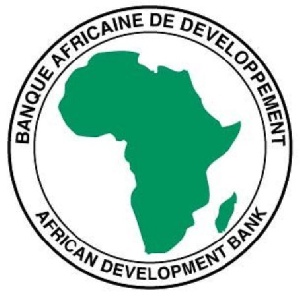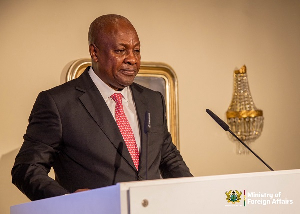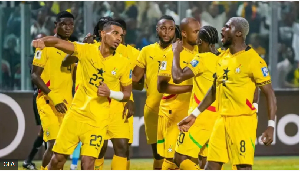The African Development Bank (AfDB) has urged African countries to strengthen the independence of their electricity regulatory bodies, as the continent aims to attract investment to provide power to over 600 million people that lack access to it.
The AfDB acknowledges that many of these countries have developed relatively strong regulatory frameworks but identifies areas in which improvement is most needed in the 15 countries in which it undertook its study.
Electricity Regulatory Index for Africa (ERI) scrutinised the development of regulatory frameworks and looked at their impact on the performance of the electricity sector in
Cameroon, Cote d’Ivoire, Gambia, Ghana, Kenya, Lesotho, Malawi, Namibia, Nigeria, Senegal, South Africa, Tanzania, Togo, Uganda, and Zimbabwe.
The report was released at the margins of the 20thAfrica Energy Forum (AEF) in Mauritius that took place from June 19 to 22.
“On average, well-developed electricity regulatory governance systems exist in all 15 sample countries,” the ERI report.
“However, there is room for improvement with respect to accountability and independence to align with international best practices often necessary to attract future investment into the sector.”
Of the between US$ 130 billion and US$ 170 billion that Africa needs to spend a year on much-needed infrastructure projects that would make a huge difference to the development of the continent, almost half of this is for power.
In spite of that, there is an annual funding shortfall of between US$68 billion and US$ 108 billion to urgently finance the continent’s many development projects.
The AEF is the global investment meeting for Africa’s power, energy, infrastructure and industrial sectors.
AEF 2018 brought together senior decision-makers active in Africa’s energy sector to form partnerships, identify opportunities and collectively move the industry forward.
The AfDB report is coming in the wake of the recent Fourth Powering Africa Summit in Washington DC.
The gathering was attended by over 370 investors from across North America, Africa and Europe to present energy projects, discuss investment opportunities and build relationships within the international power community.
Over the course of the two days, participants heard directly from government ministers and senior government officials from Africa and the US, who provided a clearer vision on the ever-changing current climate and way forward for the industry.
The meeting took place at a time when the administration of President Donald Trump has been pushing the case for using fossil fuels, such as coal, cleanly and efficiently.
The move has been welcomed by coal-rich African countries that want to use the resource to power their economies and improve living standards.
After climate change talks last year, there were calls for a clean coal alliance by a number of nations that want to make more use of coal for electricity generation, as opposed to those that want to phase out coal-fired power.
The US recently took things further by starting work on "a new, central institution" to focus on natural gas and coal technology.
The proposed Clean and Advanced Fossil Fuel Alliance aimed to “build on what had to this point been described as a loose affiliation of countries the US courting”.
South Africa is keen to work with the US in this area while in Nigeria officials have been speaking favourably about the developments regarding coal extraction.
Fred Hutchison, President of natural gas group LNG Allies, agrees that fossil fuels would continue to be a reality in other countries, noting that in places such as India they would likely be alternating between using coal and importing natural gas because they were "incredibly price sensitive".
He is quoted as saying: "We just can't put our heads in the sand and think we can get from where we are today and where we all want to be a generation or two down the line in how we limit carbon from all sources.
"To the extent that [the alliance] focuses on things such as technology enhancements, that's a good thing."
Africa50, the pan-African infrastructure investment platform capitalised by the AfDB, is keen to help work with foreign investors such as those from the US to develop power projects.
Its Chief Executive Officer, A lain Ebobissé, is confident about infrastructure development on the continent, including the energy sector.
“The challenges to increasing power generation are many, but the very lack of it, combined with strong demand, is a tremendous business opportunity, of which savvy investors are taking advantage,” he said in Africa Energy Yearbook 2018.
“Most governments are eager to increase access to power. It is the right thing to do, and their increasingly educated constituents demand it.
There is no way to turn back the clock. We are ready to accompany governments and investors alike to assure that their projects come to fruition, with reasonable financial returns,” Mr Ebobissé said.
Business News of Tuesday, 26 June 2018
Source: ghananewsagency.org













